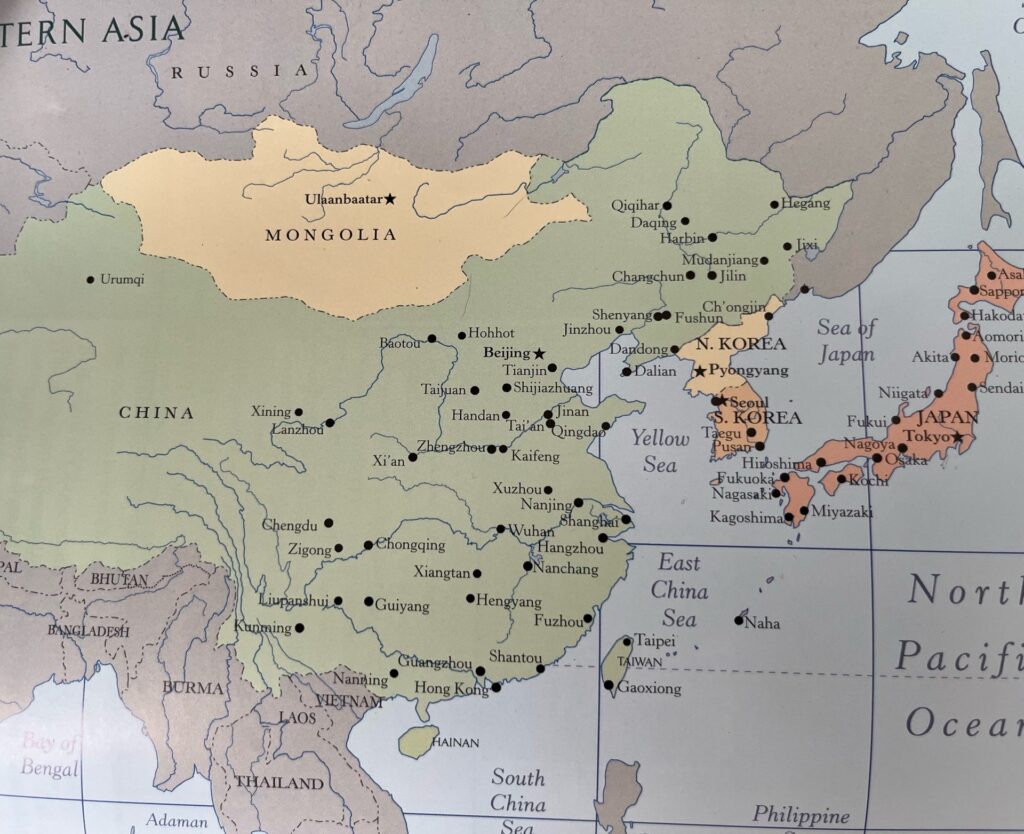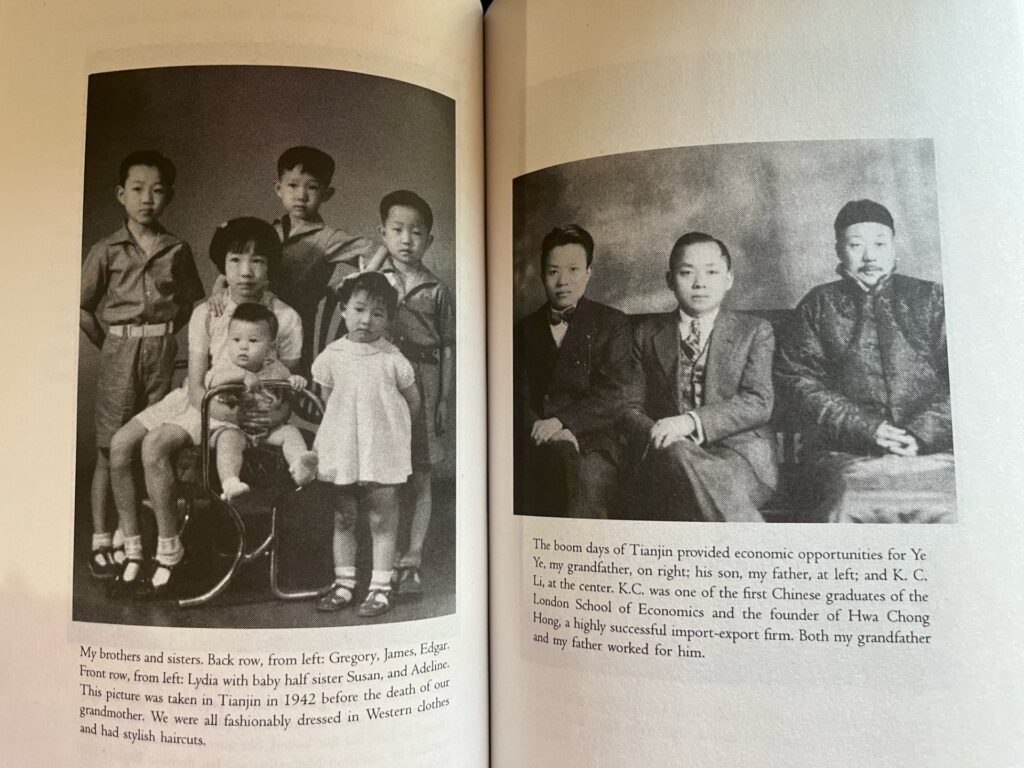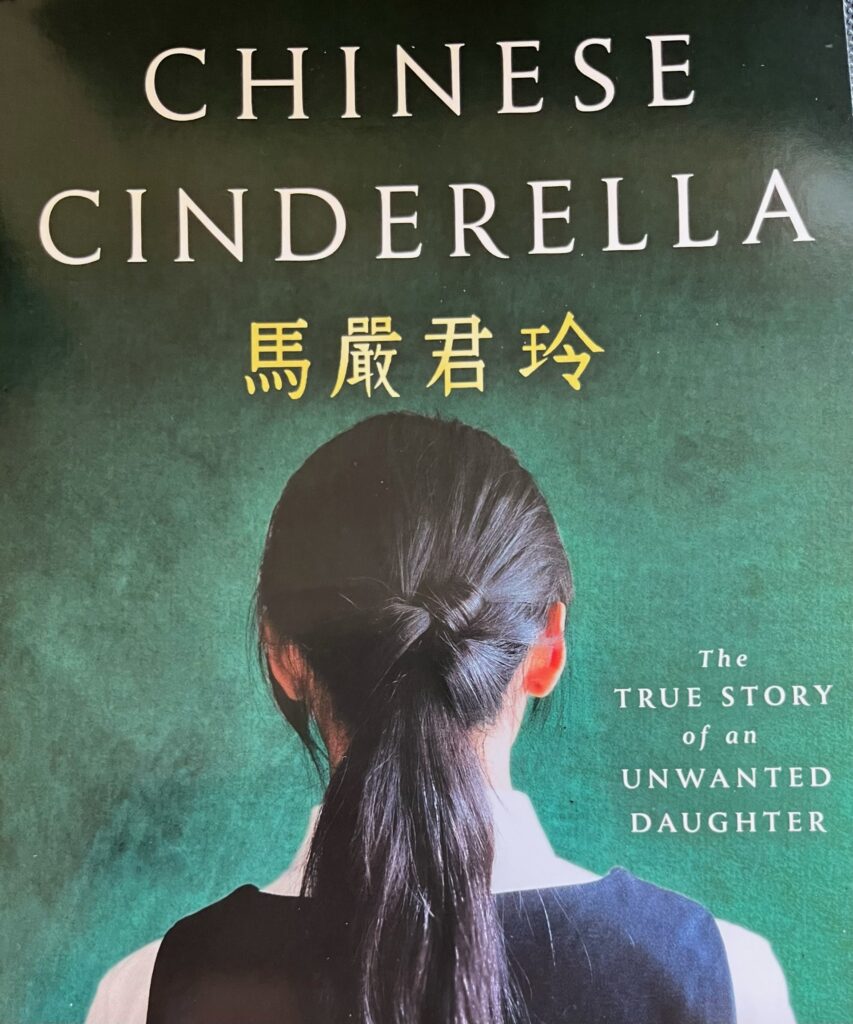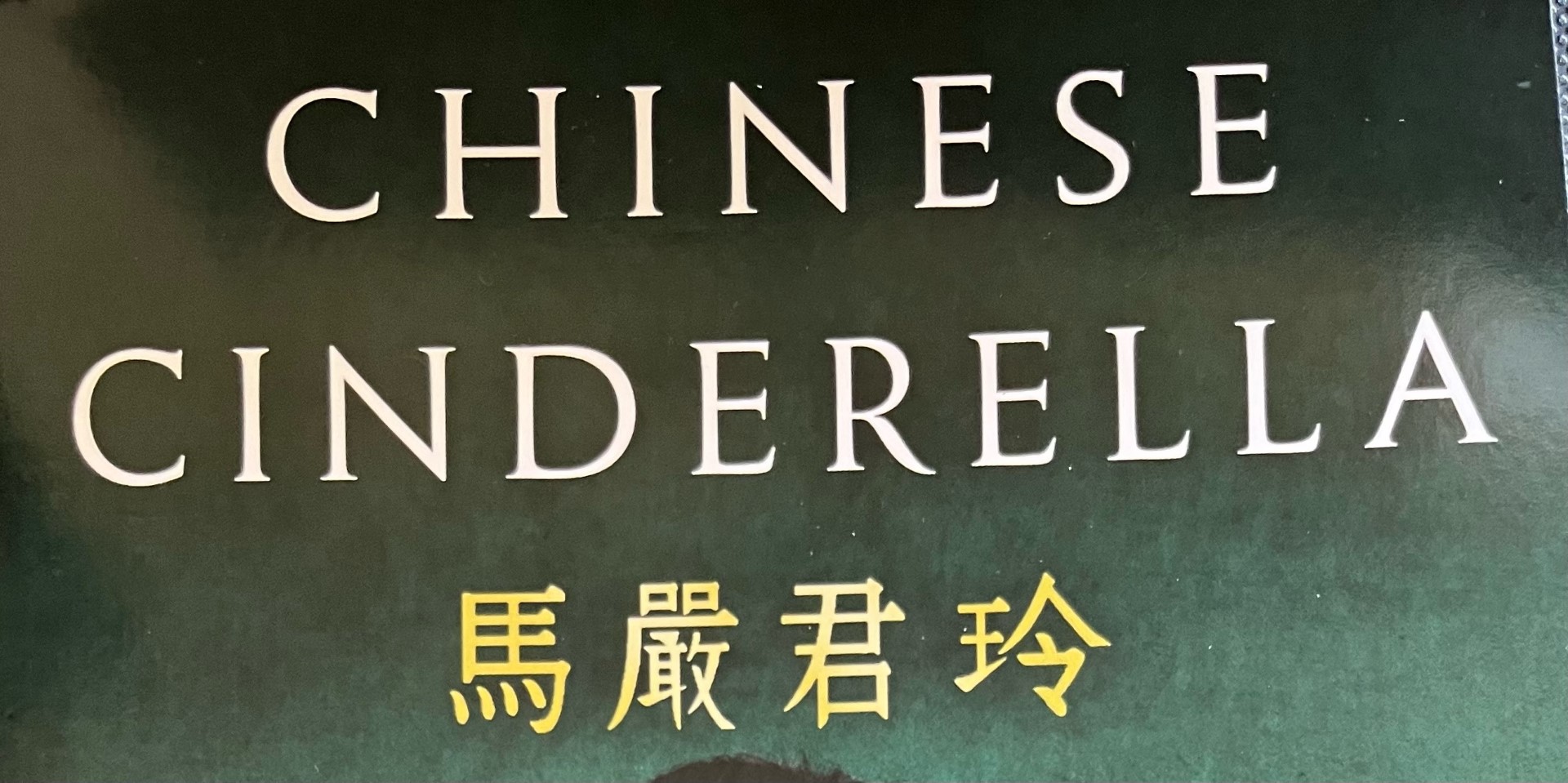We have all heard the popular saying “When life gives you lemons, make lemonade.” For many of us, this means using the time we are stuck in traffic to have a meaningful conversation with our passengers. Few of us attach true grief or sorrow to this statement. It can be nearly impossible to find ways to make lemonade without access to sugar. In her autobiographic novel, Chinese Cinderella, Adeline Yen Mah recounts true suffering and hardship from her early life. And yet, she weaves an incredible story of redemption through her story. She freely discusses her painful beginnings, sharing all of the details without shame, and showing how she has sprung back from those challenging times.
Her Story
Adeline Yen Mah was born Yen Junling, the fifth child of her Chinese parents in the late 1930s. Her mother caught a fever within days after her birth and died at a young age. Subsequently, she was blamed for her mother’s death and considered unlucky. When she was one, her father remarried, this time to a seventeen-year-old half French girl. Adeline’s new stepmother quickly took over the family and proved that what she said was what went.
She treated Adeline and her siblings as roughly as possible, requiring them to live on a different floor than her and their father. Despite the family’s affluent income and estate, they were given poor, old-fashioned clothes, forced to wear their hair in non-appealing ways, and given lower-quality food. In addition, she treated her own two children upon their births like royalty, showing favoritism in as many ways as possible.

She seemed to have something personal against Adeline, often threatening to take her away from the shunned aunt who was caring for her. She also administered physical abuse to her multiple times. She eventually made good on her threat and sent Adeline off to a boarding school that also served as an orphanage, despite its location in a part of China heavily threatened by the Japanese at the time.
In addition to her personal struggles, Adeline’s family had to move multiple times to avoid the political turmoil. China was not a very peaceful place during the 1940s, and there was fear and frequent sudden changes to the Yen’s lifestyle to avoid becoming victims of the times. Adeline was only able to escape her great suffering and life of pain well into her teens. Very academically strong, she beseeched her father to allow her to study medicine in England upon winning an important writing contest. In a moment of unexpected providence, he agreed to fund this mission of hers.
Hurt is Hard
It is a psychological truth that trauma causes us to want to hide ourselves. Victims of abuse are the least likely to make their suffering aware and seek help. We do not want to be vulnerable or reveal where we are unstable. In the past, when I have endured pain or hardship, I have found myself wanting to hide it from everyone, even those close to me. Strangers especially tempt me to put on a smile, however fake, and assure them of my health and happiness. Adelaide Crapsey put it well in poem form:
“I make my shroud, but no one knows —
So shimmering fine it is and fair,
With stitches set in even rows,
I make my shroud, but no one knows.In door-way where the lilac blows,
Adelaide Crapsey, Verse
Humming a little wandering air,
I make my shroud and no one knows,
So shimmering fine it is and fair.”

Adeline Yen Mah experienced devastating pain throughout her childhood. Her family shunned her, forcing her to live as a forgotten orphan without the privilege of other people’s pity. She was blamed for her mother’s death. She was separated from her aunt, who had taken on her mother’s role, and was told it was her fault. She was physically abused several times throughout the years. She was left at multiple boarding schools without more than the shirt on her back. Her low self-esteem throughout the years and her fear of the future were devastating.
While amid her suffering, Adeline’s greatest concern was hiding her pain. She wanted the other children to believe she had parents as loving and generous as theirs. She would constantly keep up appearances, deflecting any personal questions. Desiring to hide is often the response to hurt. Victims of trauma have their minds twisted to feel shame for the abuse they have endured. This was no less evident in her story.

Despite all of this, Adeline has come through, albeit fifty years later, to tell her story. She gives her story from the beginning of its hard journey to the brighter end. She is honest about her feelings and how it affected her. This must have been very challenging for her to relive in such detail, and yet she paints us a clear picture. She can weave a message of redemption and hope into her story, and that is the most beautiful part.
The Story of Her People
Since her painful beginnings, Adeline has advocated heavily for her country and culture. Her other book, Falling Leaves, teaches about the reality of China and its history. She also founded and remains president of the Falling Leaves Foundation. This organization seeks to give awareness to the true nature of the Chinese culture. Its greatest aim is to bring peace between the East and the West and respect for each other’s differences.
In Chinese Cinderella, she teaches about her culture from the very beginning. She includes at the front of the book a helpful explanation of how the Chinese language works. She includes explanations of Chinese names, numbers, and how the written form of language functions. At the end of the book, she includes a lengthy description of Chinese history, hoping to give us a full understanding of the times her story takes place. It gives a new appreciation to her story and helpful general knowledge we may not know otherwise.

This woman continues to astonish me. Her heart-wrenching story, the bravery she has to give us the gory details, and the way she uses her testimony to advocate for her passions all fill me with wonder. Her story begs to be shared with everyone. This is such a beautiful example of someone using their hardships for good. She could have simply tried to erase the hard memories or buried them behind other things. But instead of wasting these diamonds in the rough, she has used them to empower others and stop what happened to her from happening to others. Let her story change how you think, speak, and act. You will not regret it.
